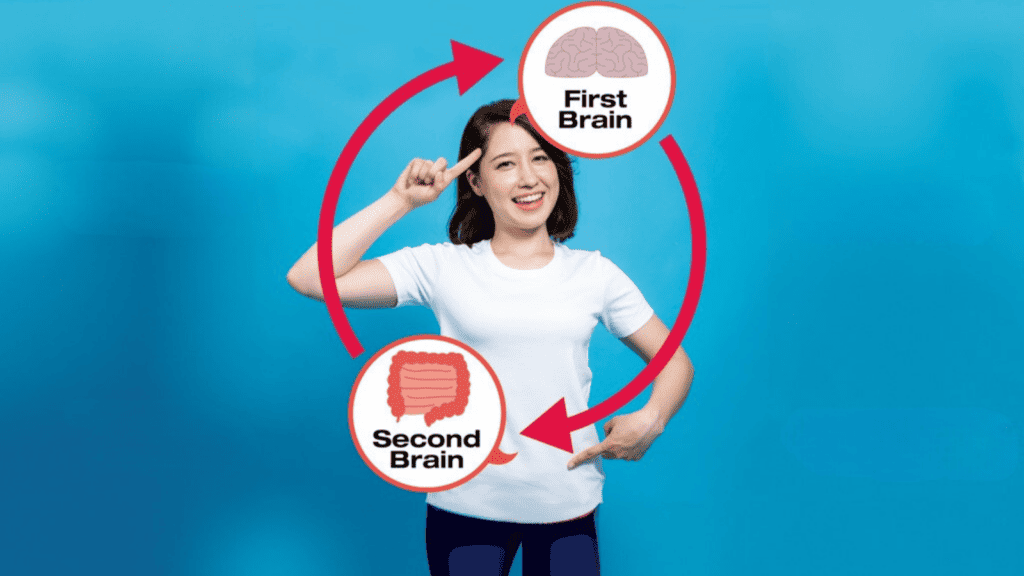If You Have IBS, We Have Good News
Up to 15% of the global population has irritable bowel syndrome (IBS), so chances are, if you are reading this you are experiencing digestive upset yourself or know someone who does.
Tummy Hurting?

The good news is that our sister website, FODMAP Everyday®, is jampacked with evidence based articles, resources, and recipes for those of you experiencing IBS, and especially for those of you who are interested in the low FODMAP diet.
When we first started educating people about the low FODMAP diet and IBS in 2017 we learned quite quickly how best to reach the millions of people worldwide who are suffering. And that was not to laser focus on the term “low FODMAP diet” or even “IBS”, because those terms don’t necessarily mean anything to them.
What people do know is that their tummy hurts, or they experience extreme bloating and distention, have chronic diarrhea or constipation, and they can’t figure out what to eat or what to do about any of this. And yet they are desperate to do so.
Accurate Diagnosis is Paramount

Before we start talking about the low FODMAP diet or IBS, the first thing is to get an accurate diagnosis from a medical doctor. Your doctor should screen you for celiac disease as well as other medical issues that can mimic IBS symptoms such as endometriosis, diverticulitis, IBD and others.
Your doctor should use Rome IV criteria to help assess an IBS diagnosis. Do not self-diagnose.
What Is The Rome Foundation?

The Rome Foundation is an independent non-profit organization that provides support for activities designed to create scientific data and educational information to assist in the diagnosis and treatment of Disorders of Gut Brain Interactions (DGBIs), such as IBS.
IBS Diagnosed – Now What?

If you are diagnosed with IBS and your doctor has recommended the low FODMAP diet, then we are here to help you!
Our sister site, FODMAP Everyday®, has been educating people for seven years with our team of Registered Dietitians.
What Is The Low FODMAP Diet?

The low FODMAP diet is an evidence based, clinically proven diet that can help up to 75% of people with IBS. The fact that it is science based is what distinguishes it from fad diets, such as keto, paleo, or intermittent fasting. Imagine being able to control your IBS symptoms without drugs and by changing your dietary approach!
It’s All About FODMAPs

The acronym FODMAP stands for Fermentable Oligosaccharides, Disaccharides, Monosaccharides and Polyols. That’s why we need an acronym! All you need to know for now is that these are a group of carbohydrates that have been proven to trigger IBS symptoms.
The diet aims to minimize your intake of FODMAPs in order to calm and/or eliminate your IBS symptoms.
How Do You Follow The Low FODMAP Diet?

We want to reiterate that the low FODMAP diet is a medically directed diet, and that it is meant to be undertaken with a Registered Dietitian. That way you will have guidance all along the way.
The diet is very nuanced and complex, and we have seen time and again that if people attempt to follow it themselves, they tend to spend more money on foods and supplements that are not only unnecessary, but that could make symptoms worse, and most importantly they lose time. Imagine getting to a place of being symptom and pain free more quickly?
Once you’re diagnosed, take a look at this article, IBS: Step-by-Step Guide from Diagnosis to Symptom Free Living.
What If The Low FODMAP Diet Doesn’t Work?

About 36% of those with IBS will have concurrent digestive issues. These could range from diabetes to histamine intolerance, fructose malabsorption, to a host of other conditions. This is just one of the very good reasons why working with a Registered Dietitian saves you time, money, pain and frustration. They will be able to assess how your diet overall needs to be tweaked specifically for you.
IBS Is Unique to you

Which leads us to this section, which is to hopefully help you understand that no two people with IBS present the same way, nor will their diet (or should their diet) be the same.
Your GI tract is not static and is also unique to you. When you think about it that way, it makes sense that what you eat and how it affects you will not be the same as it is for your friend, neighbor or relative who also has IBS.
And it is definitely not the same as it is for the person you “met” in a Facebook group, on Instagram or other social media.
Do Not Crowd Source Answers on Social Media
IBS is a medical condition. You wouldn’t ask a random person on the bus how to manage your high blood pressure, right? Or ask your dog walker what to do about your heart condition… Well, don’t ask strangers online, who have no medical credentials, and who do not know your medical history to make suggestions for your IBS. Period.
IBS Can Be Debilitating, But There Is Hope

We are here to tell you that we understand, and that we can help you find not only digestive relief but can help you thrive! Come visit us at FODMAP Everyday®.






